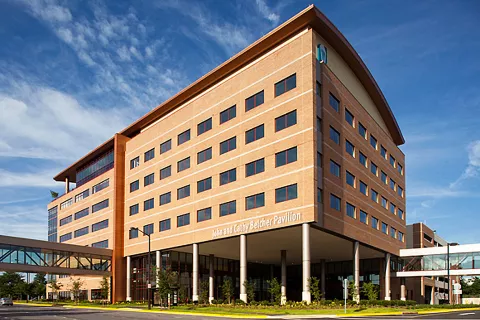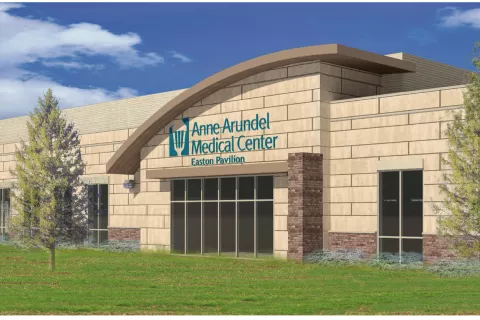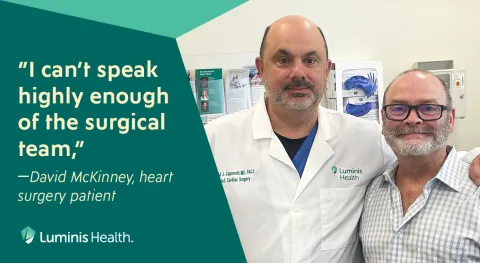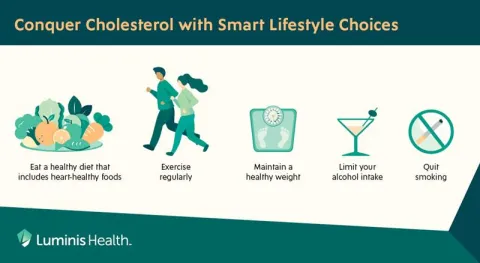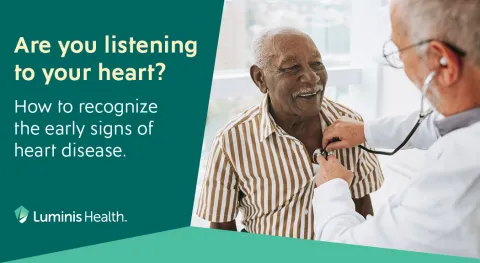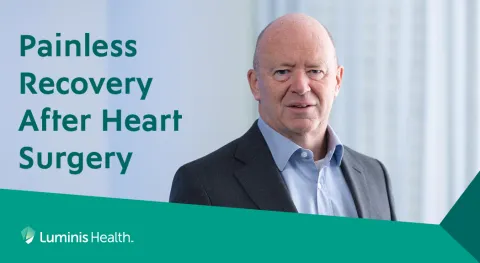Arrhythmia Diagnosis and Treatments
Early diagnosis means more effective treatment and a healthier heart for you. We use the most advanced technology to diagnose and treat arrhythmias.
Arrhythmia screening and tests
Our heart specialists use various tests to diagnose arrhythmias. You might have:
- An EKG (electrocardiogram). A quick and painless test to measure your heart's electrical activity.
- A stress test. This measures your heart's rate and rhythm during exercise.
- A Holter monitor. This is a small portable device you wear for a full day or longer. It measures your heart's electrical activity over time.
- An electrophysiology study. Your heart specialist does this minimally invasive test in our catheterization lab.
An electrophysiology study lasts between one and four hours. We insert a small straw-sized tube into your artery or vein in your arm or groin. Then, we guide several electrode catheters into your blood vessel and to your heart.
You'll have medicine so you shouldn't feel any pain.
Your doctor sends small electric pulses through the catheters to make your heartbeat at different speeds. The special catheters record electrical signals from your heart. This helps us find the location of the arrhythmias.
Arrhythmia treatments
You might not need any treatment. But if you do, we can manage your arrhythmia in different ways. Your treatment depends on the type of arrhythmia you have, what's causing it and how severe it is.
Medication treatments for arrhythmia
Your doctor might recommend medicines that:
- Thin your blood and reduce the risk of blood clots.
- Lower your blood pressure.
- Widen and relax your blood vessels.
- Slow down or regulate your heartbeat.
Surgical treatments for arrhythmia
You might need surgery to place an electronic device or help regulate your heartbeat. We're experts in these surgeries, so you can rest assured you're in skilled and compassionate hands.
Your surgeon may:
This regulates your heart's electrical signals and speeds up your heartbeat when it's too slow.
Your doctor implants this device under the skin in your chest. It can detect an abnormal heart rate and send an electrical signal to reset your heart's rhythm. You might also be able to use a wearable cardioverter defibrillator (WCD). This isn't placed inside of you—instead, you wear it all the time.
It uses heat or cold applied through a catheter to make small scars in your heart tissue. It seals off the area where the arrhythmia happens and prevents abnormal electrical signals from moving through your heart. We do this procedure as part of an electrophysiology study or on its own in our catheterization lab.
